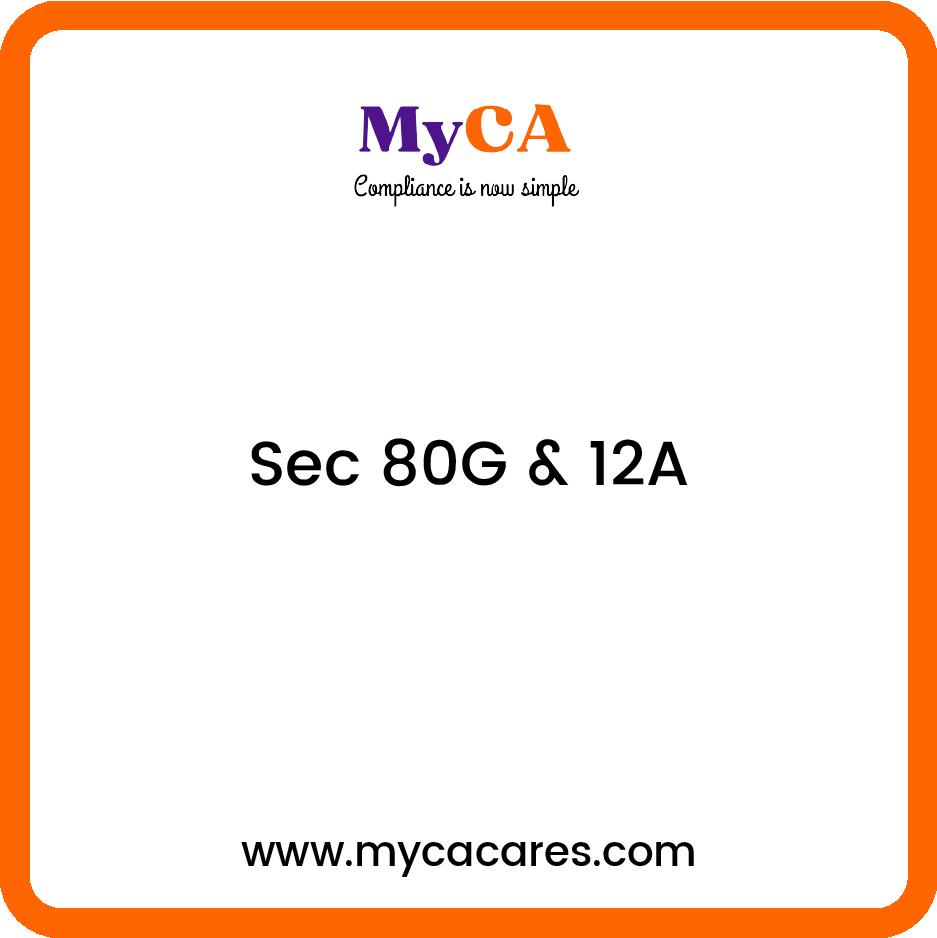Sec 80G & 12A
NGOs primarily rely on donations to support their functioning. To claim those tax exemptions (available to both donors and recipients), NGOs are to register under Section 80G and Section 12A of the Income Tax Act. The process is complicated and time-consuming, and it can be difficult for non-professionals to do it.
Moreover, recent changes have mandated that all the NGOs who have already registered under these 2 sections re-register under sections 80G and 12A to continue enjoying those tax benefits. Further, if an NGO seeks CSR funding, they are required to register using Form CSR-1.
Documents Required:
- Registered trust deed/society registration certificate/incorporation certificate
- Self-certified copies of audited annual accounts for the preceding three financial years
- NGO DARPAN ID (if receiving government grants)
- FCRA ID (if receiving foreign donations)
- Self-certified copy of the certification previously obtained under 12A and 80G
- A note on the activities of the applicant.
Registration Under 12A:
As registration under Section 12A is for tax exemption, an NGO which has not registered under this cannot enjoy the privilege of tax exemption and would have to pay taxes just as any normal registered company would during the year.
How to Register Under Section 12A
All charitable trusts, societies, and Section 8 Companies, except private or family trusts, are eligible to register under Section 12A. But, before registration under 12A and 80G, an NGO has to first register with NGO Darpan, a register maintained by the Government of India, and then be registered under the Income Tax Act (This is not compulsory, it is an option available to trusts. A charitable organization without Darpan can also apply for 12A and 80G) by following the steps mentioned below.
Step 1: An application has to be filed in Form 10A with the Commissioner of Income Tax – Exemption
Step 2: The required documents need to be submitted
Step 3: Once the documents are submitted, the application will be reviewed by the Commissioner, who might ask for additional information
Step 4: If everything is found to be satisfactory, the registration will be completed soon after, else it will be rejected.
Benefits:
- Provision to gain grants from governments and international organizations.
- Registration certificate serves as valid proof of the purpose of the NGO and its operations.
- All NGOs, be they trusts, companies, or societies, are eligible to avail exclusion from taxes
- FCRA registration benefits.



